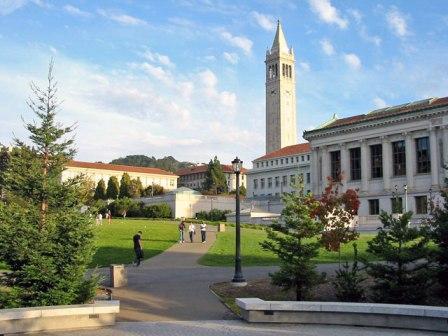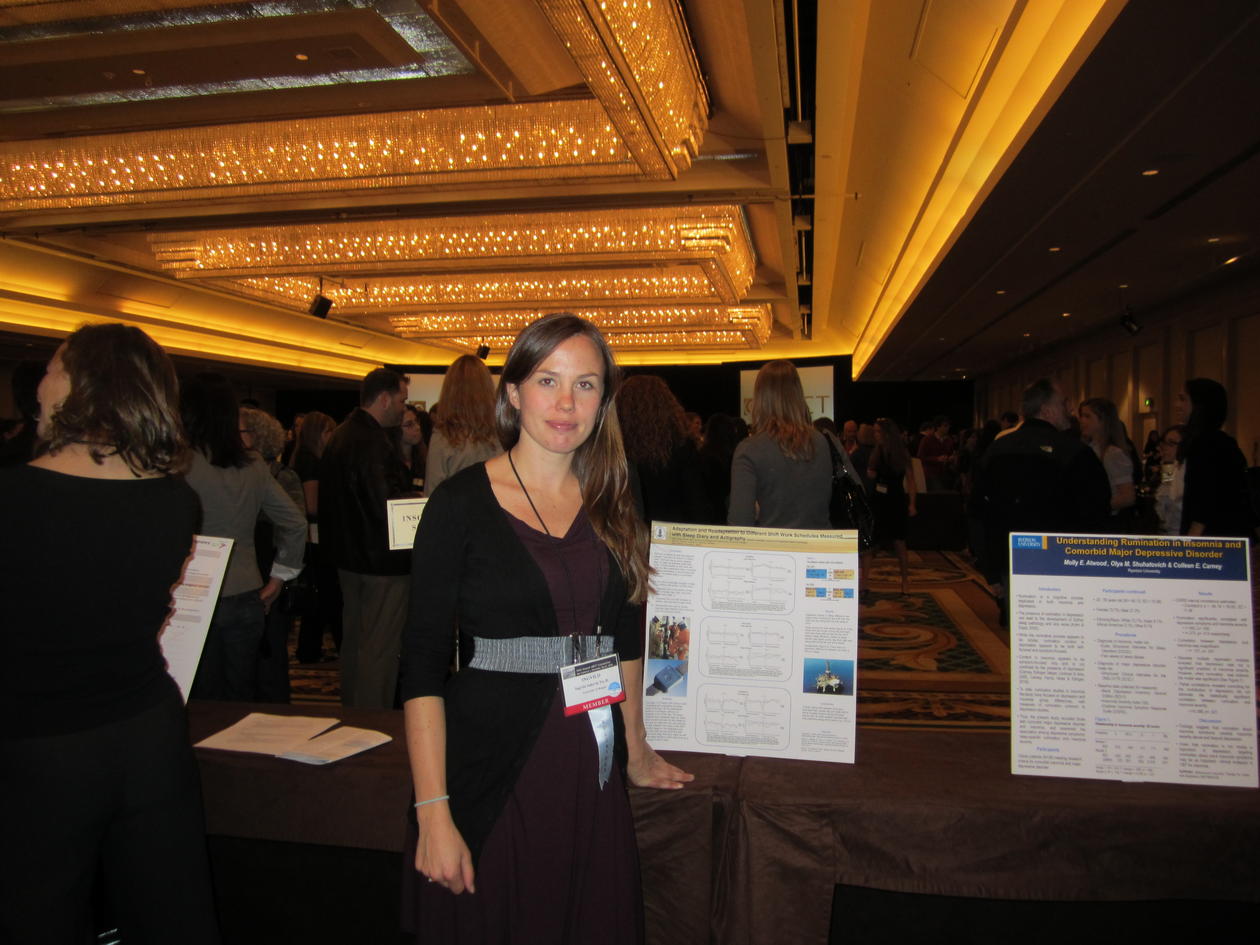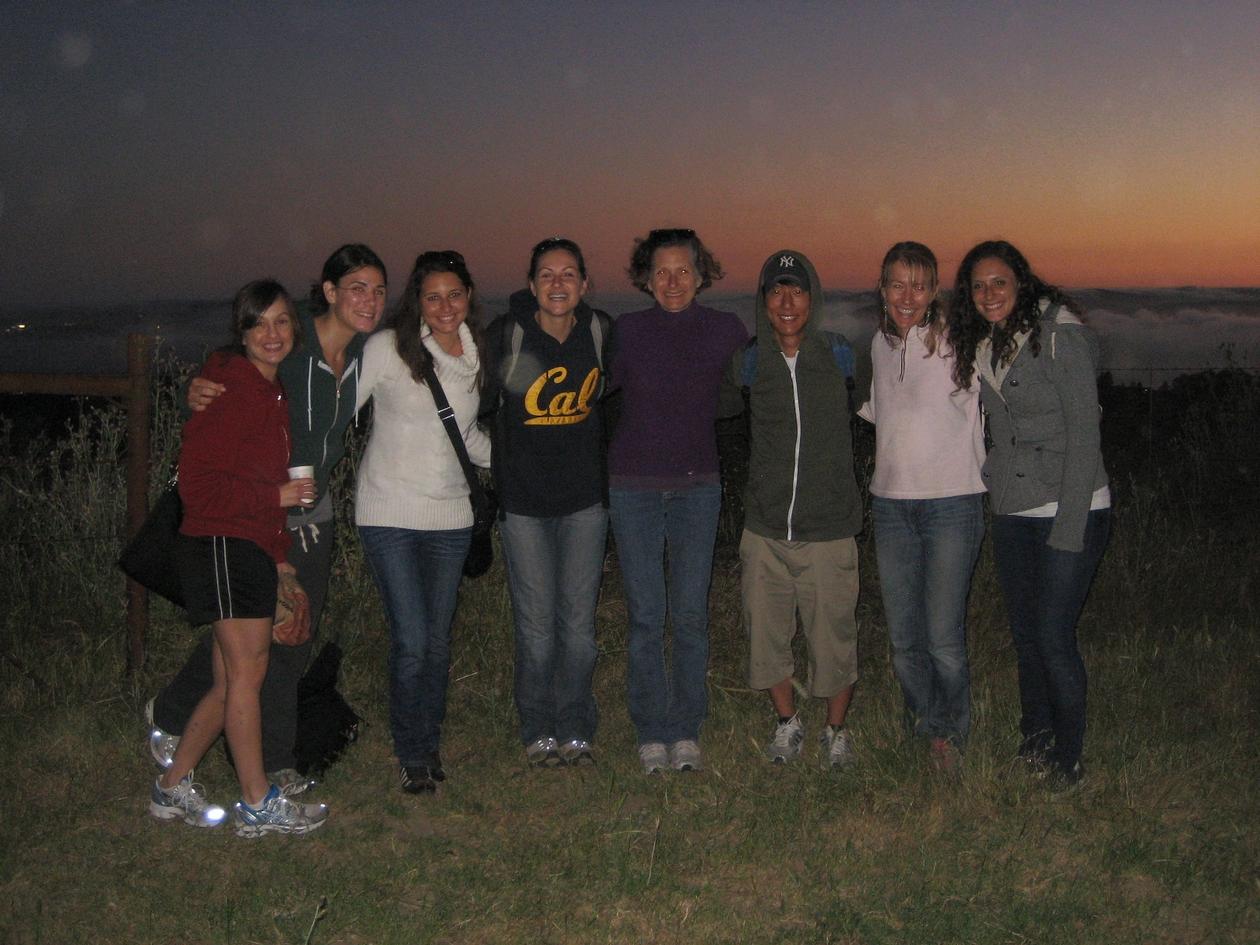Part-time professor – fulltime commitment
A highly dedicated part-time professor gives the PhD-students at the Faculty of Psychology a great opportunity to visit a highly recognized sleep lab at the University of California, Berkeley. - An important resource to our doctoral education, says the vice-dean of research at the faculty.
Main content
In 2007, the vice-dean of research at the Faculty of Psychology, Inger Hilde Nordhus, was part of the team that founded the Graduate School of Clinical and Developmental Psychology (CDP) at the University of Bergen (UiB). Today, almost 40 PhD-candidates are enrolled at the graduate school. Professor Allison Harvey runs a sleep lab that conducts research on sleep and mental health at the University of California, Berkeley. She is attached to CDP in a small part-time position, but according to the vice-dean, her dedication to the graduate school represents a far greater resource to the PhD-students and CDP.
- First and foremost, Harvey comes to the UiB to give courses and seminars to our staff. Being the generous person that she is, she has also invited several of our PhD-students to visit the sleep lab she manages at UC Berkeley. She allows them to take part in an international research environment, where they gain knowledge on how research is conducted in a sleep lab, while simultaneously working on their own projects. This arrangement provides our PhD-students with an invaluable international experience within a recognized research environment, which their own research benefits greatly from as well, Nordhus says.
Ingvild Saksvik-Lehouillier is one of the PhD-students who have gained a lot from the hospitality of prof. Harvey. On two occasions, she has spent four months at the sleep lab in UC Berkeley. During her two visits at UC Berkeley, Saksvik-Lehouillier was invited to participate in several meetings at the sleep lab, and other research meetings at UC Berkeley, where she amongst other things was invited to present her own PhD-project.
- My tutor, prof. Ståle Pallesen, recommended that I should get in touch with prof. Harvey. I wanted to spend an exchange semester abroad in an English speaking country, and since prof. Harvey also conducts research on sleep, Pallesen felt it would be wise and appropriate to contact her, Saksvik-Lehouillier says.
Saksvik-Lehouillier’s approach was acknowledged by both prof. Harvey and the sleep lab group.
- Allison is a very warm and forthcoming person, and exceptionally competent both professionally and pedagogical, according to Saksvik-Lehouillier.
- The sleep lab group is also very welcoming. On my very first day at Berkeley they took me out for pizza, she continues. Saksvik-Lehouillier also highlights the good food and the warm climate at Berkeley when she describes her exchange visit.
Professionally speaking, Saksvik-Lehouillier feels she has prospered greatly from her time at the sleep lab.
- My English is has improved immensely, she states firmly.
- I learnt a lot about presenting and discussing research, and about other research approaches to sleep than those of my own. I also learnt a great deal about research and different ways of conducting it. I’m very happy I took a research exchange to UC Berkeley, Saksvik-Lehouillier says.
Professor Allison Harvey only sees the advantages of inviting PhD-students and in integrating them in the environment at the sleep lab.
- We are able to build relationships with colleagues and future collaborators, and we learn about different kinds of research that are related to our own, but still different. In addition, we gain knowledge about Norway and the great research opportunities that are available there. It’s very inspiring, she explains.
Vice-dean of research, Inger Hilde Nordhus, relates the generosity and forthcoming of prof. Harvey to the UiB’s present Action Plan for International Activities. This action plan emphasizes that internationalization means a two-way mobility.
- Prof. Harvey’s engagement in our doctoral education represents both an internationalization of our staff, as well as an opportunity for our PhD-students to go abroad. Her generosity means a lot to the research environments at the faculty. Hopefully, this collaboration will give us a greater awareness to the possibilities an international part-time professor may bring to our faculty, Nordhus concludes.



